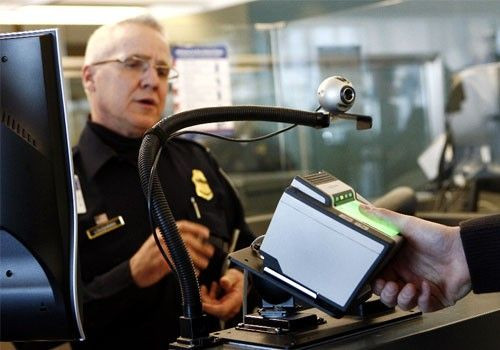Muslim New Jersey Mayor Says He Was Asked If He Met Terrorists By Border Agents At JFK Airport

A Muslim man, who serves as a mayor of a small New Jersey city, said this week that he had been detained by border agents for three hours at New York's JFK International Airport upon return from a family trip to Turkey on Aug. 2.
Prospect Park Mayor Mohamed Khairullah claims that his phone was confiscated and that the agents had asked him if he had met with terrorists.
"It was definitely a hurtful moment where I'm thinking in my mind that this is not the America I know," Khairullah said. "I am very familiar with our laws and constitution and everything that was going on there was a violation."
Khairullah traveled to Turkey with his wife and four young children, where he met Syrian family members living as refugees there. Khairullah also met other mayors of Turkish cities in the country.
Khairullah said Customs and Border Patrol Agents began questioning him when he got off the plane, asking him questions about where he had traveled to. The CBP officers then asked him questions about what he studied in college and where he works, with the officers saying the questioning was part of a "random stop."
The officers then asked if Khairullah had met with any terrorists and also confiscated his phone. The questioning lasted roughly three hours before his release, with his family anxiously waiting for him and Khairullah requesting legal help.
Khairullah was not able to get his phone back until 12 days after he left the airport, as the officers wanted to check the device. Khairullah said the situation was "flat-out stereotyping of Muslims and Arabs."
A U.S. Customs and Border Patrol Spokesperson said he would not address any individual case but said that the agency "treats all international travelers with integrity, respect and professionalism while keeping the highest standards of security."
A 2017 Pew Research Center poll showed that 19% of U.S. Muslims have reported being singled out by U.S. airport security.
The American Civil Liberties Union has said that U.S. citizens and permanent residents do not have to answer questions from CBP about political and religious beliefs at the airport, as those rights are protected by the first amendment of the U.S. Constitution. U.S. citizens also do not have to provide passwords or unlock devices for CBP officers, such as cell phones.
© Copyright IBTimes 2025. All rights reserved.





















